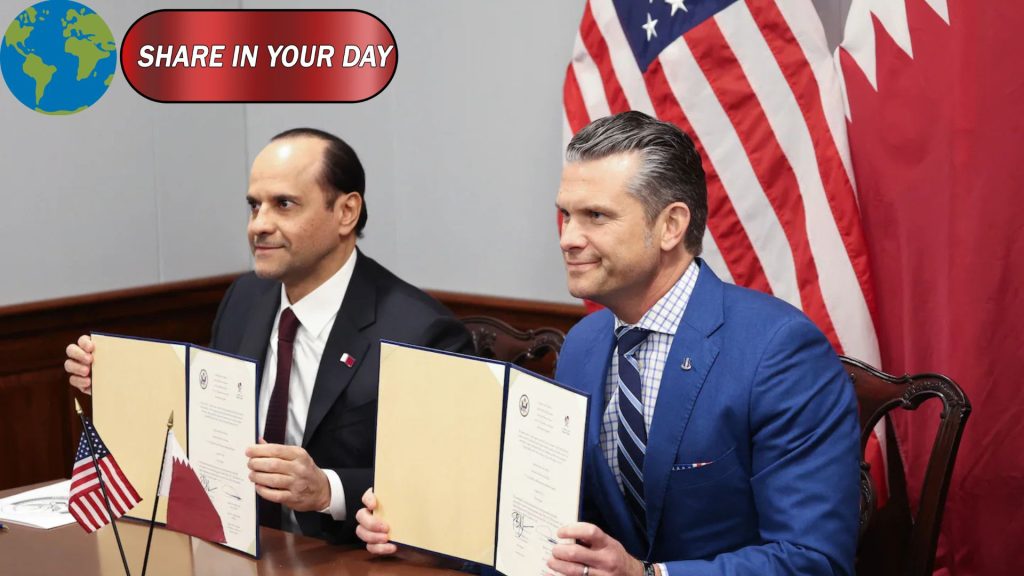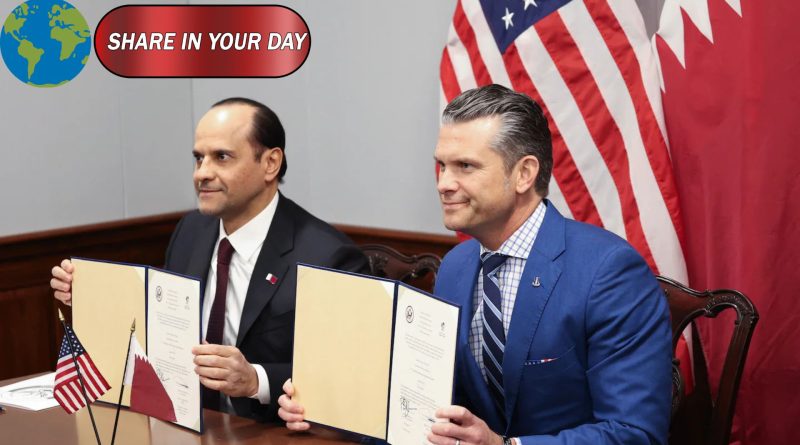Qatar to Build Air Force Training Facility on U.S. Soil — Here’s What You Should Know
Late in 2025, the United States and Qatar signed an agreement to station a Qatari air force training facility at Mountain Home Air Force Base in Idaho, signaling deeper defense cooperation between the two countries. Under the arrangement, Qatari pilots will train on aircraft in U.S. jurisdiction, while sovereignty over the base remains with the United States.
Why Idaho — and Why Now?
Qatar, a small peninsula nation, faces geographic constraints that limit how frequently its pilots can conduct exercises involving live munitions, large flight loops, or complex terrain simulations. That makes overseas training essential. The U.S. State Department previously approved Qatar’s purchase of F-15 fighter jets—a deal that already included provisions for pilot training on U.S. soil.
Mountain Home, sitting about 40 miles southeast of Boise, sits atop a desert plateau. Its arid environment and open terrain closely resemble parts of Qatar’s landscape—an ideal match for replicating real-world conditions.
How the Arrangement Works
- Command & Control: While Qatari pilots will train there, the base remains under the control of the U.S. 366th Fighter Wing. Qatar’s unit will integrate within that command structure, not take over the base.
- Existing Precedents: Qatar is far from alone in this. Germany maintains a tactical training command at Sheppard Air Force Base in Texas. Singapore already stations personnel at Mountain Home to train on F-15s. NATO allies like Britain, the Netherlands, and others frequently send pilots to U.S. bases.
- Risk and Oversight: The plan has stirred some public concern, with critics misinterpreting it as allowing a foreign military base on U.S. soil. But given that U.S. command control remains intact, it avoids that controversial label.
Broader Patterns: U.S. Bases Abroad & Foreign Units in U.S.
The U.S. already operates dozens of military facilities abroad. In Qatar, for instance, U.S. troops are based at Al Udeid Air Base, a key logistics hub for operations across the Middle East.
In reverse, the U.S. has long hosted foreign air and ground units as part of alliance and security agreements. These arrangements help foster interoperability and strengthen defense ties in peacetime.
What This Means in Practice
For Qatar, the new facility offers continuous, high-end training capacity that the country’s small territory simply cannot provide. For the U.S., the deal cements a strategic partnership with a Gulf state, extending influence and deepening military ties.
At the same time, such arrangements always carry political sensitivities—especially when they’re perceived as eroding sovereignty or embedding foreign forces on domestic soil. Careful public messaging and clear legal boundaries will be essential to maintain legitimacy.





